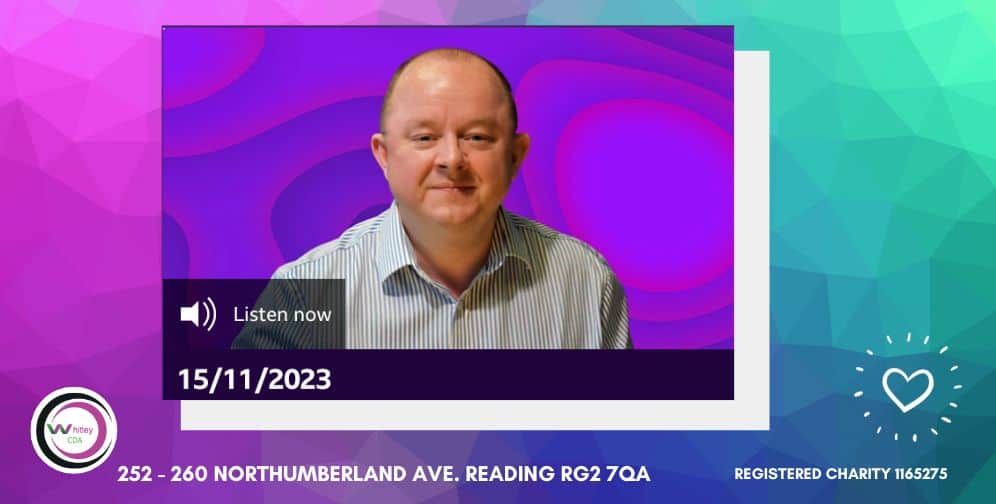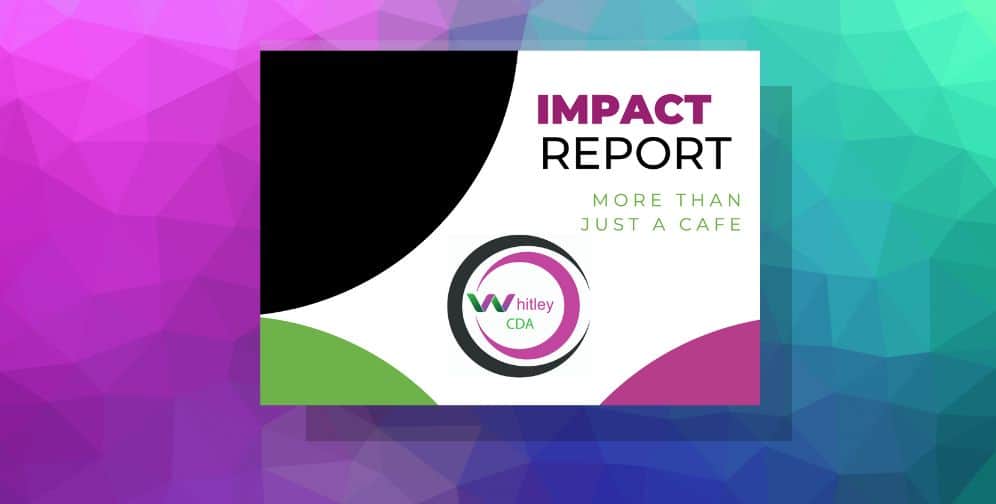We have seen the working class put on the front line with the lowest pay, the least protections and the biggest risks.
So we feel it’s important that we say how proud we are of the Whitley Community and how honoured we are to be a part of it.
The purpose of this article is not to just shine a light on the current inequalities we find in our society; we are going to explore the injustice we experience daily but we also want to begin to explore what the future can hold. With this in mind, we support the launching of conversations both locally and more widely regarding how we build a society that works for everyone equitably and equally.
The Lancet (the independent medical journal) has written on how Community participation is crucial in a pandemic. The current crisis has shown us that communities up and down the country have been vital in the response to this virus and incredibly efficient at mobilising. Whitley’s response to this crisis has been amazing, but it’s not exceptional – it’s our natural human reaction.
“communities, including vulnerable and marginalised groups, can identify solutions: they know what knowledge and rumours are circulating; they can provide insight into stigma and structural barriers, and they are well placed to work with others from their communities to devise collective responses.”
The Lancet
We know that local communities have to be at the heart of rebuilding Britain. When Margaret Thatcher said there is no such thing as society, she could not have been more wrong. This pandemic has highlighted that.
Whitley CDA has seen an exponential increase in referrals, especially from people who were once described by the former PM Theresa May as JAMS (just about managing). We know from conversations with our partners, as well reports we have seen from the likes of the Joseph Rowntree Foundation, that our experience is not unique and mirrors what is being experienced up and down the country.
After more than a decade of austerity, the United Kingdom’s vital public services have been cut to the bone. Before this crisis, we and our partners knew all too well the price that had been paid by the working class as a result of these measures.
“Increased inequality, in turn, hurts the level and sustainability of growth.”
IMF economists
Before coronavirus hit, we were aware of people who were living on the edge, including people who were in work but in need of tax credits or universal credit to ensure they were almost “just about managing.” Whitley CDA was already providing a simple way to share surplus food to those who needed it. This and other projects made Whitley CDA painfully aware of the fragile balance that those who are considered in poverty and those who are just about managing have to navigate to ensure they can provide the basics.
Unfortunately, Income inequality in the UK has continued to rise. This has been the case since the mid-70s, leaving the poorest in our society in situations that some have compared to Victorian times, as recorded in a report by the UN special rapporteur.
The UK’s social safety net has been “deliberately removed and replaced with a harsh and uncaring ethos”
a report commissioned by the UN has said
As much as Whitley CDA is pleased that the Government took immediate measures to provide financial support, we are all too aware of the people who fell through cracks – like those on zero-hour contracts, the self-employed and the small Ltd company directors. In addition, if you were only just about managing before, what more when you are now receiving 80% of your salary? What about if you have no choice but to be furloughed as your children are at home with you or you are in the at-risk group? What choices do you have?
Even though Whitley CDA are delivering over 125 food parcels a week, helping to feed over 1000 people, we are aware of families who are going without the basics, children who are going hungry. Information from the Joseph Rowntree Foundation and the Trussell Trust shows that parents and children have been thrust further into poverty with a rise in food parcels going to families having increased 120% since the pandemic started.
“It’s not right that so many of us are relying on food banks to weather the coronavirus storm. We must urgently strengthen the lifelines that could keep each and every one of us afloat.”
Iain Porter
This crisis has served to create a surge on overwhelmed services, which were already ill-equipped to provide the support they needed to as a result of austerity measures. In addition to the financial pressures, there are negative emotional and social impacts that are being experienced by individuals, relationships and the mental health of those in our communities.
Whitley CDA has seen referrals quadruple since lockdown began
Ever since the Poor Law reforms in Victorian times, there has been a sense of the undeserving poor. Every few decades, the terminology used to shame people is modified, from skivers and shirkers to feckless, to work-shy and more. Yet, the facts do not back up this characterisation.
Blue-collar workers and low-paid white-collar workers were already on the front line. A few months ago, the low paid were also considered the low skilled, with those earning under £25,000 per year being the benchmark. And yet they have been at the heart of keeping the nation going. Now, they are being encouraged to go back to work. However, many of those being encouraged to go back to work never stopped working. Even before the lockdown began to unravel, only half of workers were working from home, and one in four were still travelling to work. There is a common misconception that only essential workers have been working, but this is quite simply just not the case.
Studies are showing a correlation between deprivation and death rates, with the illness overwhelmingly affecting those living in poor urban areas as well as the BAME members of our community. The working class has been left on the front line, whether in hospitals, in care homes, in public transport, in supermarkets, in logistics or in vital services that have kept Britain going.
Coronavirus doesn’t discriminate, policies do
The first draft of new statutory guidance for COVID-safe working environments released by the Government didn’t comply with existing health and safety statutes. Fortunately, the TUC pushed back and the Government subsequently revised the guidance. The government also promised on the spot inspections of workplaces, however, it has been revealed (at the time of writing) that the Health and Safety Executive is not carrying out inspections and has no confirmed date to restart them.
While initially, there was little or no legal support for employees to have a COVID-safe working environment, there were ever-increasing penalties placed on individuals who break social distancing rules. This exemplifies the need to join a union, be involved with cooperatives and work with local community groups.
Of course, we need to get the economy going. However, we have to rethink how we approach this. There can be no return to austerity and the economic norms of pre-coronavirus Britain. As Frankie Boyle said, “People sleeping in the streets wasn’t normal; children living in poverty wasn’t normal; neither was our taxes helping to bomb the people of Yemen.”
If we want a better society that works for everyone, we will have to build it from the ground up. A grassroots revolution that starts in your community.
We are seeing projects emerging, not only across the UK but across the globe, where communities have come together and forged cooperative ways to grow an economy that works for everyone. Over the coming weeks, we will share success stories; for now, we would ask you to explore the Preston Model and look into the New Economics Foundation.
In 1933, President Franklin D Roosevelt started the New Deal, a revolutionary series of programs and public projects that got America back on its feet after the Great Depression. Today we need a new revolution that is equitable and sustainable and state-funded. The time is now. Get involved with local communities, get involved with local cooperatives.
We encourage you to start building a better tomorrow now.










